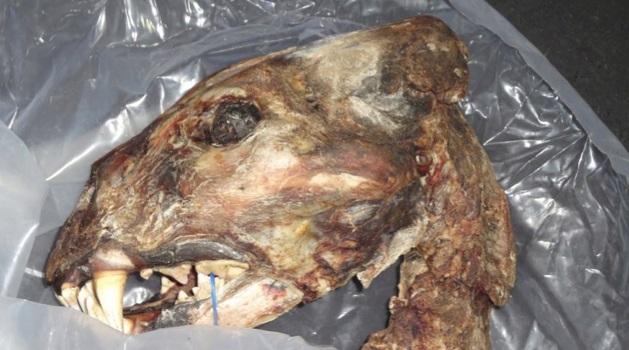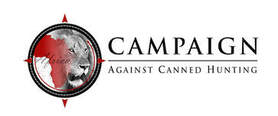
Late night musings led me to the remembering of a study that was done some years back on the wild lion population in Hluhluwe-iMfolozi Park (HiP) in KwaZulu-Natal where it was discovered that inbreeding depression increases susceptibility to bovine tuberculosis.
I wondered if, given that the same conditions of inbreeding and stress are prevalent with captive bred lions, there was a risk of possible infection to end users of lion bones or, indeed, the people who handle and prepare the carcasses.
I had a good discussion with Prof Nick Kriek of Onderstepoort Veterinary Academic Hospital. We discussed the research and my feelings that there could be a link in the captive bred population.
Signs of BTB usually do not exhibit before 2 to 3 years of age, by which time many of the lions would be out of the loop and into the lion bone market. I wondered if there was a correlation between the hygromas that are often seen in captive bred lions and BTB and he agreed that lions will develop lesions in the joints and bones when they have BTB.
He said that there was some research done in Kruger on tissue from BTB affected animals (possibly buffalo) and they found that left out in the sun the bacterium was dead after a period of 5 - 6 weeks.
Prof Kriek did say that immuno-compromised people handling the bones would be at greater risk.
The handling of the carcass after the kill is done by farm labourers and the preparing of the bones at the taxidermist would also be labour intensive. That labour force could very well be immuno-compromised.
At the end of 2014 there was a shipment of 92 lion carcasses that was impounded by the State Vet at ORT Airport. The lions were all young and had only been cleaned with ethanol so there was a lot of tissue still on the bones. The State Vet’s concern was a health one. I asked Prof Kriek about using ethanol and if that would kill the bacterium. He said that the crux of the matter would be the concentration used. If that was insufficient, the process would be ineffective.
Subsequent to this, Prof Paul van Helden from Stellenbosch University has issued a statement - see below - which confirms the risk to humans and states that South Africa may be exporting tuberculosis through the lion bone trade. In his statement he also talks about hygromas and cross-
contamination from handlers to lions.
Opinion from Prof Paul Van Helden, Stellenbosch University
Tuberculosis (TB) in Lions
South Africa May Be Exporting Tuberculosis Through the Trade in Lion Bones
Tuberculosis is a disease that has plagued mankind for millennia. In humans, it is most commonly found as a lung disease, although it can affect many other organs or body structures, including bones. For example, TB of the spine can cause deformity and is known as Potts disease.
Tuberculosis can occur not only in humans, but in many vertebrate species, including lions. Since TB may be common in various prey species of lions, these apex predators concentrate the disease in themselves by consuming preferentially affected prey. Thus it is not surprising that TB has been reported in lions in African countries, including South Africa.
Unlike humans, TB in lions may not occur primarily in the lung, but is frequently disseminated in the body. This includes being found in lion bones. It can sometimes be seen in live but infected lions, where large swellings can be seen on the limb joints (TB hygromas). When bones (not only limb bones) from such lions are examined, lesions identical in appearance to those seen in humans with bone TB can be seen. It should be noted that lions can be infected with TB by consuming prey with TB as stated before, as well as by exposure to humans with human TB, eg handlers or care givers.
Thus, it is clear that infected lions and lion bone have the potential to infect other animals or humans with TB. It should be noted that the organism that most commonly causes lion TB is Mycobacterium bovis (which causes bovine TB). This differs very slightly from that species most often causing human TB. Unfortunately, this organism has the propensity to cause TB in humans often in organs other than the lung, making it very difficult to diagnose.
Furthermore, it is inherently resistant to one of the four most important drugs (antibiotics) used to treat primary human TB. Treatment of humans with this form of TB is therefore compromised. This therefore poses a potential risk to humans which is arguably greater than the most common form of TB in humans.
I am therefore of the opinion that uncontrolled exposure of humans to bones from animals, in particular lion bones, poses a risk for development of the form of TB known as bovine TB in particular, although not necessarily being limited to this form of TB only.
